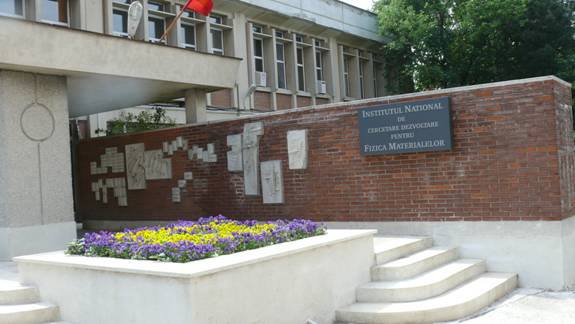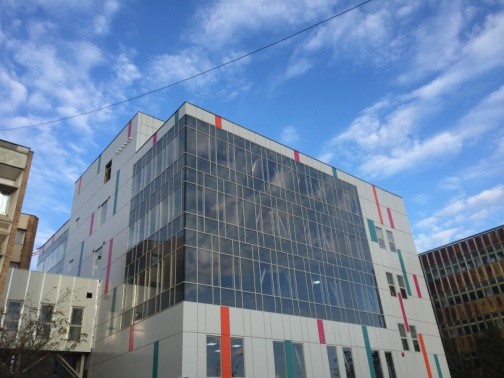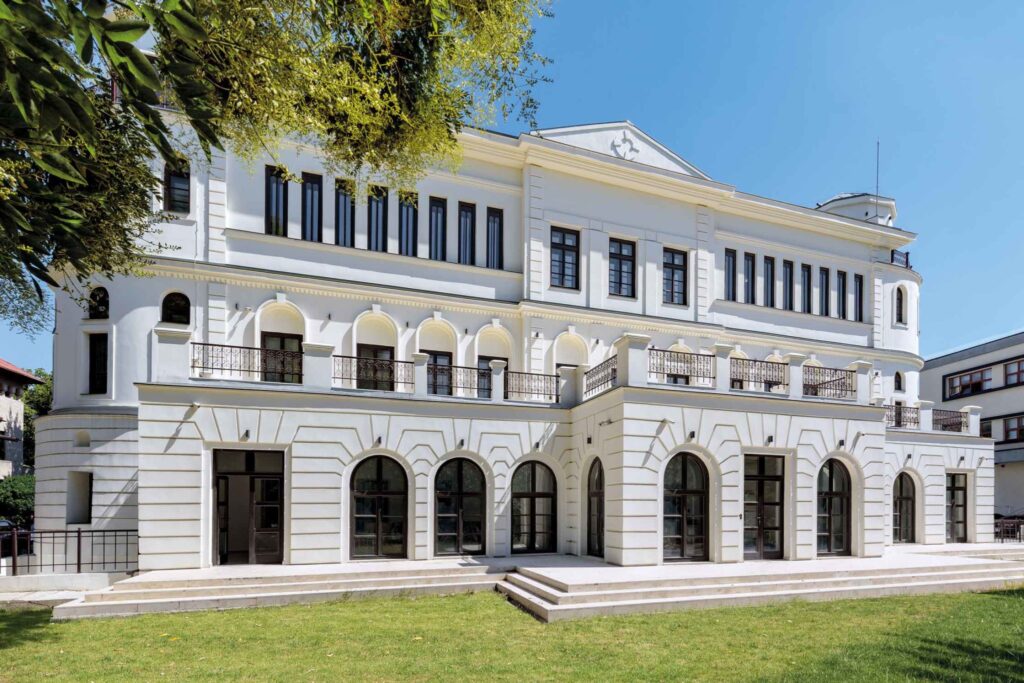Mission & Vision
In response to rapid advancements in technologies that increasingly shape people’s daily lives and to address the importance of research in education we build the UNESCO Chair on STEM Education (TRRISE). These advancements in research outpace the current educational curriculum in STEM and educators’ expertise, leaving them significantly behind in addressing crucial societal shifts. Therefore, through this proposal we want to ensure that the more complex the instrument/the technology is, the better trained the pupils/students – must be. For these reasons, in the age of AI it is important to know more about technologies in general, not less. Moreover, this accelerated change has led to evolving concepts surrounding data privacy, ownership, copyright, and ethics, sometimes with little transparency.
The chair’s mission is dedicated to ensuring accessible, high-quality transfer of research results and technological achievements into education for all individuals, regardless of their background or socioeconomic status. Our primary goals revolve around promoting equitable and quality education, eliminating disparities based on gender and wealth, and providing lifelong learning opportunities for skills development, employability, and well-being. We also aim to build a knowledge-based society that evolves from a change in the perception of science and the rapid advancements in research and technology that are increasingly shaping people’s daily lives. Our mandate is to promote science to children and encourage them to pursue scientific careers, particularly in STEM disciplines. Poor teaching quality or outdated curricula may also contribute to why children are not attracted to sciences.
Objectives
- 1. Transferring the research results and technological achievements to society at each level of education.
- 2. Shaping the education curricula with research achievements in the context of a transformative future.
- 3. Enhancing/enriching educator knowledge and skills in line with new technologies and research standards, improving the quality of STEM education for all.
- 4. Mastering Artificial Intelligence (AI). We aim to tackle the challenges posed by the AI revolution in research and its effects on society
Institutional Host


The National Institute of Materials Physics, located in Măgurele, Romania, is one of the country’s leading research institutions in the field of condensed matter and materials science. With a strong international reputation, NIMP conducts advanced research on functional materials, nanostructures, and surface science, addressing both fundamental and applied challenges in physics and engineering.
The institute hosts state-of-the-art laboratories and infrastructure, including synthesis, characterization, and processing facilities, and is actively involved in national and European research projects. NIMP plays a pivotal role in fostering innovation, supporting technological transfer, and training the next generation of scientists through interdisciplinary collaborations and educational programs.

NIMP also hosts CIFRA (Centre International de Formation et de Recherche Avancées en Physique), a UNESCO Category 2 Centre, established in 2015 through an agreement between the Romanian Government and UNESCO. CIFRA is the only such centre in Romania and in Southeastern Europe in the field of fundamental sciences. It provides advanced training and research opportunities for scientists from Central and Eastern Europe as well as from developing countries, particularly in Africa, while actively promoting gender equality in science.
Through its dual role as a hub for scientific excellence and international cooperation, NIMP together with CIFRA and TRISSE, plays a key part in building scientific capacity, fostering innovation, and contributing to UNESCO’s mission for inclusive, high-quality science education worldwide and provide an ideal environment for integrating research excellence with science education, outreach, and societal impact.
